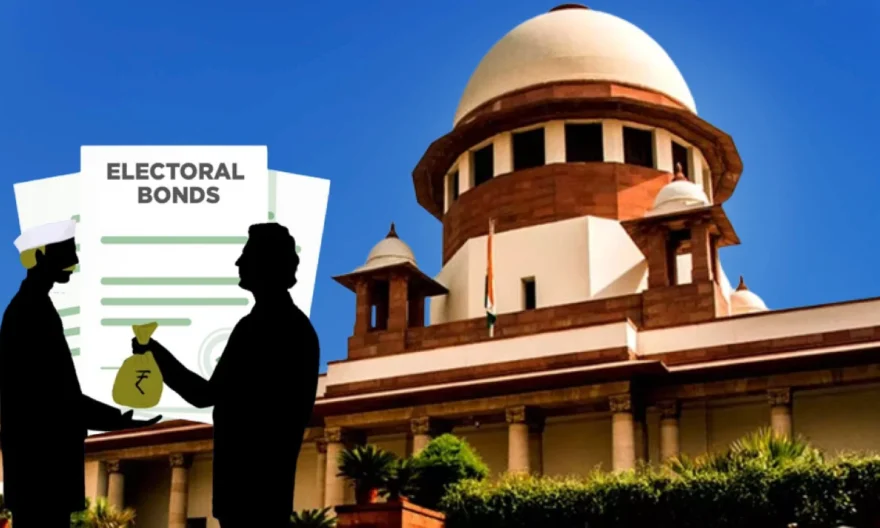
The Election Commission (EC) is currently in the process of compiling information regarding electoral bonds received by various political parties, including the BJP and the Congress.
The details will be submitted to the Supreme Court in a sealed cover, as confirmed by a poll panel functionary on Thursday.
On November 3, the EC had asked “all such parties” that have received donations through electoral bonds to provide details of such contributions by November 15.
A reminder was also sent to the parties on this matter. This action by the EC followed a Supreme Court directive on November 2, instructing the poll panel to present “up to date” data of funds received by political parties through electoral bonds until September 30, 2023, in a sealed cover.
“The details are being compiled, and several parties, including major ones like the BJP and the Congress, have shared their details,” mentioned the EC functionary.
The EC’s letter specified that the particulars should be sent in a double-sealed cover, with one envelope containing the details and a second envelope containing the first one, addressed to the secretary of the election expenditure division. The commission emphasized that the sealed covers should reach them by the evening of November 15 and be clearly marked as “confidential-electoral bonds.”
In its order on November 2, the apex court mandated, “This exercise shall be carried out on or before November 19, 2023. Data in a sealed packet shall be handed over to the Registrar (Judicial) of this court.”
The electoral bonds scheme, introduced by the government on January 2, 2018, was proposed as an alternative to cash donations in an effort to enhance transparency in political funding.
As per the scheme’s provisions, electoral bonds can be purchased by any Indian citizen or entity incorporated or established in the country, either individually or jointly. Only political parties registered under Section 29A of the Representation of the People Act, 1951, and securing at least one percent of the votes polled in the last Lok Sabha or state legislative assembly election are eligible to receive electoral bonds. The scheme dictates that electoral bonds can only be encashed by an eligible political party through an account with an authorized bank.




